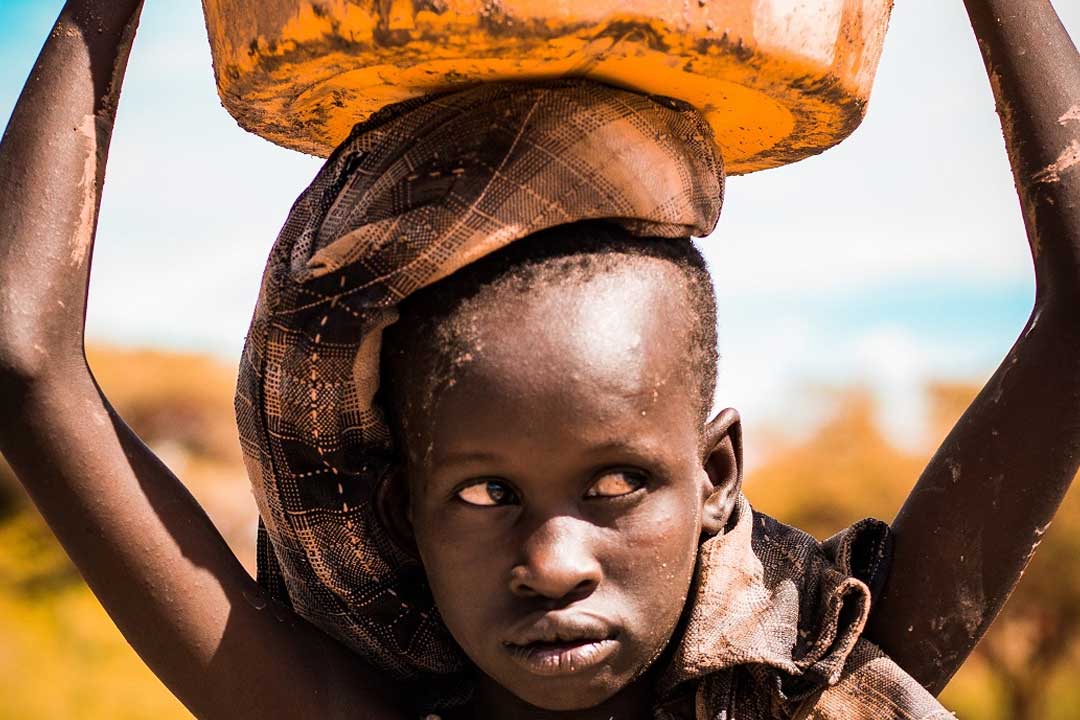INTRODUCTION As the world commemorates the International Day Against Child labour on Friday, 12th June 2020 under the theme; “COVID-19: Protect children from child labour, now more than ever”, PLA takes stock of the situation of child labour in the wake of COVID-19.
COVID-19 has plunged the world into a crisis of unprecedented scope and scale. In Uganda the pandemic has and continues to worsen the country’s development challenges of poverty, unemployment and limited social protection coverage. The Minister of Finance, Planning and Economic Development (MFPED) Uganda provided preliminary assessment on March 20, 2020 of the short-term impact of the pandemic, anticipating the increase in the number of poor people by 2.6 million. The business climate index published by the Economic Policy Research Centre (EPRC) estimated that 4,000,000 Ugandans could lose their jobs and source of livelihood if the Corona virus pandemic persists for the next six months.
The uncertainty and prolonged periods confined to small homes is leading to an increasingly stressful environment. Many households are being pushed into extreme poverty and hunger as parents who have lost income are increasingly unable to feed their families.
As a result, children are increasingly forced into hazardous and exploitative work to support their families. In one survey by a Joining Forces partner, 56% of respondents reported an increase in children working since lock down began (Save the Children child protection assessment, May 2020). In many parts of the country 60% of people surveyed have observed an increase in children involved in worst forms of child labour and child exploitation including girls drawn into commercial sexual exploitation, trading sex for money, food and even materials such as sanitary towels. Other young children have been observed selling alcohol, firewood and other items, or digging and planting to try and make ends meet. It should be noted that prior to COVID-19 outbreak, two million children were engaged in child labour activities (National Labour Force and Child Activity Survey (2011-2012). With the high prevailing poverty rates which have been worsened by the crisis, it is envisaged that more children will be forced and exploited in child labour activities. The suspension of schools has kept children home all the time and not learning, they are likely to be involved in child labour longer than if they were attending school.
Covid-19 has also increased the demand for cheap labour for youth (15-17 years) and exploitation. The fall in economic activity due to the quarantine measures will disproportionately impact legal working youths (15-17 years) in agriculture, domestic service and industrial sectors.
Criminal networks may actively use this global crisis to exploit vulnerabilities of children and incidences of child trafficking for labour exploitation both within and at the regional level are likely to increase during and post COVID-19 period.
CALL FOR ACTION!
Parents/guardians
- Support and protect your child (ren) during this period especially when they are now out of school to ensure that they are not exposed to exploitative forms of work and practices.
Government
- Enforce the existing laws that protect children from exploitative and hazardous forms of work and practices.
- Demand Government to foster the socioeconomic empowerment of families and communities so that they can better support children’s development; among others.
Business community
- Adopt and incorporate Business and Human Rights Principles in the day to day operations in order to protect children from exploitative forms of work.
Policy makers.
- Increase budget allocation for the Ministry of Gender, Labour and Social Development in particular to the probation and welfare offices as well as the labour officers to carry out their mandates of protecting children against exploitation and abuses.
- Amend the Employment Act of 2006 in particular the minimum age of employment of children to bring it in tandem with the Provisions of the Constitution of the Republic of Uganda.
Children
- Report to the authorities when your rights are violated particularly whenever subjected to child labour.
CONCLUSION
In Uganda, child labour has persisted even with the prevailing robust legal and policy frame work against child exploitation, this has been exacerbated by poverty, the growing levels of orphan-hood, and negative cultural norms that attach low importance on education especially for the girl child and that children are a source of labour, famine and food insecurity. This is therefore to call on government to address the above underlying major drivers of child labour.

